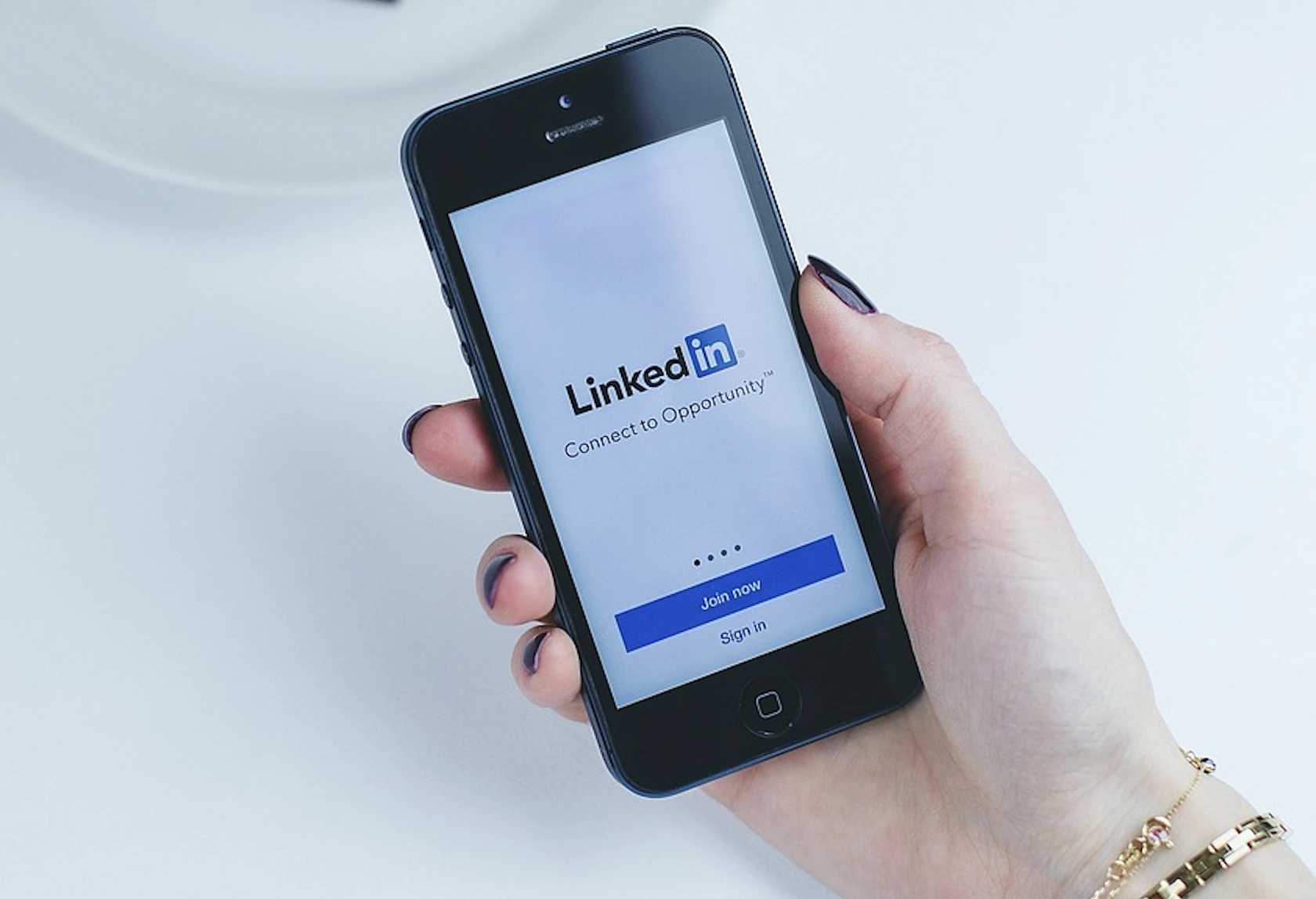
Image by Stock Snap, from Unsplash
LinkedIn Faces Lawsuit For Allegedly Sharing User Messages To Train AI Models
LinkedIn is facing a class-action lawsuit from Premium users who allege the platform shared their private messages with third parties to train generative AI models without proper consent, as reported by Reuters.
In a Rush? Here are the Quick Facts!
- Plaintiffs accuse LinkedIn of quietly updating its privacy policy in September.
- The lawsuit seeks $1,000 per user for federal data privacy violations.
- LinkedIn denies all allegations, calling the claims “false claims with no merit.”
The lawsuit, filed in federal court in San Jose, California, claims LinkedIn introduced a privacy setting in August allowing users to opt in or out of data sharing.
However, plaintiffs argue the platform updated its privacy policy on September 18 to permit the use of personal data for AI training and disclosed this only through a hidden FAQ link. The link allegedly stated that opting out would not affect data already used for training purposes.
The complaint accuses LinkedIn of deliberately violating its promise to use user data solely to enhance the platform, suggesting the company sought to minimize public and legal scrutiny, as reported by Reuters.
The suit was filed on behalf of Premium users who sent or received InMail messages and had their data shared before the September policy update.
The Register reports that LinkedIn acknowledges using “personal data and content you create” for AI training and sharing this data with third parties for model development. The lawsuit questions whether this includes private InMail messages, available to paying subscribers.
The lawsuit alleges that LinkedIn breached its contractual promises by sharing Premium customers’ private messages with third parties to train generative AI models, as reported by The Register.
These messages could contain sensitive information about employment, intellectual property, compensation, and personal matters, raising serious privacy concerns.
The lawsuit focuses particularly on Premium customers—those subscribing to tiers like Premium Career, Premium Business, Sales Navigator, and Recruiter Lite—who are subject to the LinkedIn Subscription Agreement (LSA), noted The Register.
This agreement makes specific privacy commitments, including a clause in Section 3.2 promising not to disclose Premium customers’ confidential information to third parties, as noted by The Register.
The lawsuit claims LinkedIn violated this clause, breaching the US Stored Communications Act, contract terms, and California’s unfair competition laws.
However, The Register notes that the plaintiffs do not present evidence that InMail contents were shared. Instead, the complaint speculates that LinkedIn included these messages in AI training data.
It bases this assumption on LinkedIn’s alleged unannounced policy changes and its failure to publicly deny accessing InMail messages for training purposes, as reported by The Register.
Plaintiffs are seeking damages for breach of contract, violations of California’s unfair competition law, and $1,000 per user under the federal Stored Communications Act, as reported by Reuters.
LinkedIn has denied the allegations, calling them “false claims with no merit,” says Reuters. Additionally, legal representatives for the plaintiffs have yet to provide additional comments, noted Reuters and The Register.


 Previous Story
Previous Story

 Latest articles
Latest articles 

Leave a Comment
Cancel